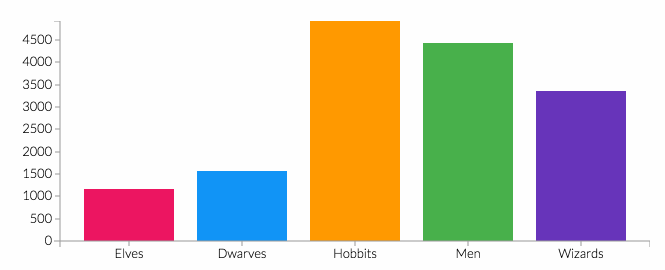Pendidikan Akhlak Dalam Sirah NabawiyahKarya Shafiyyurrahman Al Mubarakfuri Dan Ibnu Hisyam
DOI:
https://doi.org/10.33853/jm2pi.v3i2.522Keywords:
Moral Education, Prophet, Sirah NabawiyahAbstract
This research, entitled "Akhlak Education in the Nabawiyah Sirah by Shafiyyurahman Al Mubarakfuri and Ibn Hisham" aims to determine the education and application of moral education to the Prophet Muhammad contained in the Nabawiyah Sirah by Shafiyyurahman Al Mubarakfuri and Ibn Hisham. This study uses library research with the main source being Sirah Nabawiyah by Shafiyyurahman Al Mubarakfuri and Ibn Hisham. Data collection techniques used are secondary and primary methods, namely by searching and collecting data from the book Sirah Nabawiyah by Shafiyyurahman Al Mubarakfuri and Ibn Hisham and books related to the moral education of the Prophet and his history that are relevant to the research. Data collection techniques in this study were research, questionnaires, and discussions. The data validity technique was carried out by means of triangulation (data checking), while the data analysis technique used was to determine the problem, develop a framework of thought, and develop a methodological device consisting of a series of methods that include: The results of this study indicate that the moral education applied in the description of the life story of the Prophet is an important message that we must also apply in our lives as human beings. Morals reflect the differences in the advantages and disadvantages of humans compared to other living creatures. Moral education is described, among others, as Muslims, the Prophet recommended that we live fairly, keep promises, forgive, trust, be grateful for the blessings of Allah, help help, do good to parents, and leave bad morals.Â
References
Abu, A.-M. hisyam bin malik abdul muhammad. (2006). SIRAH NABAWIYAH IBNU HISYAM. Darul fikr. Al-Mubarakfuri, shafiyurrahmansyaikh. (1997). SIRANA NABAWIYAH (maqosid yasir (ed.)). Pustaka Al Kautsar.
Dillah, U. (2019). Nilai-Nilai Pendidikan Akhlak pada Kisah Uwais Al Qarni. Journal of Research and Thought on Islamic Education (JRTIE), 2(2), 212–228. https://doi.org/10.24260/jrtie.v2i2.1396
Hasbullah. (2017). DASAR-DASAR ILMU PENDIDIKAN. PT Raja
Grafindo persada.
Lina, R., & Kholish, A. (2019). Pendidikan Akhlak dalam Islam. CV.
Pilar Nusantara. https://books.google.co.id/books?id=mncqEAAAQBAJ
Nasrullah. (2017). Nilai-Nilai Pendidikan Akhlak Yang Terkandung
Dalam Kitab Adab AL-’Alim wa AL- Muta’alim (Karya Monu Mental K.H, Muhammad Hasyim Asy,ari). 54.
Siti Suwaibatul Aslamiyah, E. Z. M. M. (2021). Pendidikan Akhlak dengan Literasi Islami. Nawa Litera Publishing. https://books.google.co.id/books?id=ZiJGEAAAQBAJ
Ulwan, A. N., Ali, H. N., Kamalie, S., & Rasyidi, A. (1988). Pedoman pendidikan anak dalam Islam. Penerbit Asy-Syifa’.
https://books.google.co.id/books?id=9SiCAQAACAAJ
UMAM, C. (n.d.). PENDIDIKAN AKHLAK, Upaya Pembinaan Akhlak Melalui Program Penguatan Kegiatan Keagamaan. guepedia. https://books.google.co.id/books?id=tfxMEAAAQBAJ
Umami, F. R. (2015). Fakultas Tarbiyah Dan Ilmu Keguruan Institut Agama Islam Negeri ( Iain ) Purwokerto





